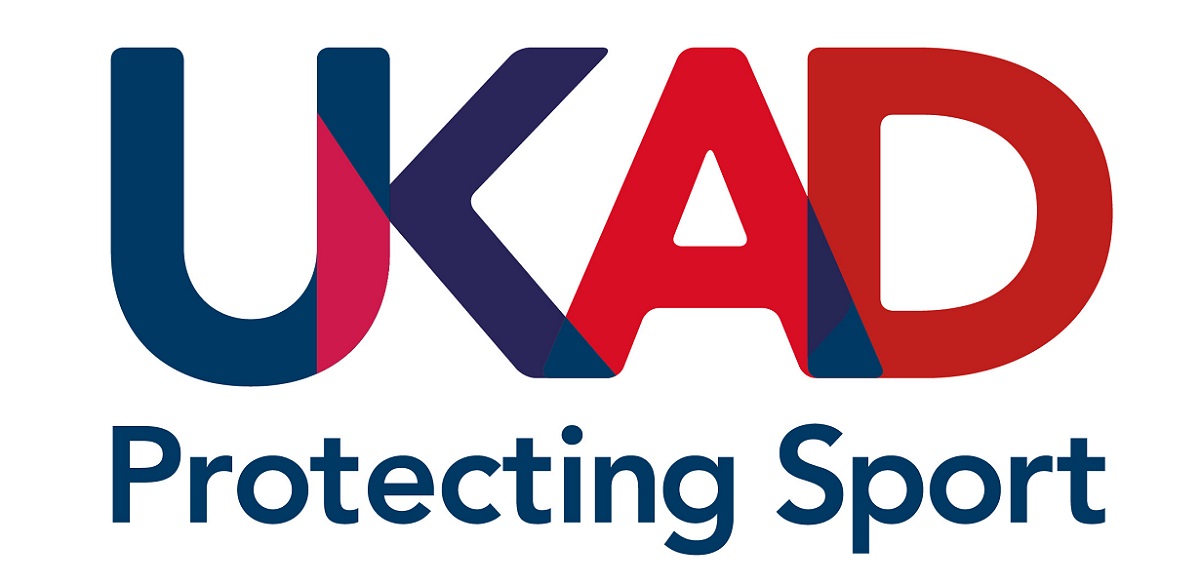Statement from UKAD on its Athlete Biological Passport programme: outcome of a recent Freedom of Information request
As an arms-length body of the Department for Culture, Media and Sport (DCMS), UK Anti-Doping (UKAD) will always strive to act transparently where it can (and is permitted to do so under the relevant rules), and where it believes it is right to do so. This will always be a careful balancing exercise of the need for UKAD to serve its core purpose of protecting sport and maintaining confidentiality of its processes, whilst being able to inform the public of its efforts in respect of serving that core purpose.
In an example of the challenges UKAD faces in retaining the advantage in doping deterrence, the organisation has shared an update regarding data collected through the Athlete Biological Passport (ABP) programme.
The ABP is a tool that monitors selected biological markers in an athlete’s blood and urine over time, which can indirectly reveal the effects of doping. The ABP is a critical component of UKAD’s testing programme, as well as one of many vital ways of gathering intelligence to help ensure it protects clean sport.
As an arms-length body of the DCMS, subject to the Freedom of Information (FOI) Act, UKAD is required to disclose information it holds upon request, subject to certain exemptions. One of those exemptions is where disclosure of information would prejudice its purpose of ascertaining whether athletes have acted in breach of the Anti-Doping Rules.
UKAD was asked, by way of an FOI request in June 2022, to disclose the number of athletes whose ABPs had been marked by a three person ‘Expert Panel’ as ‘likely doping’ between 2014 and June 2022.
UKAD declined to provide that figure, relying on an FOI Act exemption, on the basis that disclosure would prejudice one of its key functions – deterring doping and catching cheats. This is also not data that UKAD is required to report on as part of its many reporting requirements under the World Anti-Doping Code and, to UKAD’s knowledge, no other Anti-Doping Organisation publicly reports this data. The requestor appealed UKAD’s decision to the Information Commissioner’s Office. The Information Commissioner supported UKAD’s decision and agreed that UKAD could rely on the FOI Act exemption and was not required to disclose the data requested.
The requestor then made a further appeal of the Information Commissioner’s decision (supporting UKAD’s original decision not to disclose) to the General Regulatory Chamber (a chamber of the First-tier Tribunal, which decides appeals from regulatory bodies across a diverse range of jurisdictions). That matter was recently heard by an independent tribunal that decided in the requestor’s favour. UKAD sought to withhold the information because the ABP programme acts as a doping deterrent. UKAD sought to protect that information in good faith, concerned that providing details of how many athletes have had their ABP marked as ‘likely doping’ would risk undermining the effectiveness of the programme’s deterrent effect, emboldening those who break the rules. It is regrettable for UKAD, an organisation dependent on limited public funds, to have to expend resource on legal challenges which of themselves do not serve its core purpose of protecting sport.
Nevertheless, UKAD respects the outcome of this appeal and reports that, between 2014 and the present day, no athletes (for whom UKAD holds custody of their ABP) have had their ABP marked as ‘likely doping’ by a three person ‘Expert Panel’.
The full decision of the First-tier Tribunal of the General Regulatory Chamber can be read here. More about the Athlete Biological Passport programme can be found here.
[ENDS – 564 words]
Notes to Editors
Athletes whose ABPs have been marked by a three person ‘Expert Panel’ as ‘likely doping’ will lead to those athletes being issued with an Adverse Passport Finding.
Last edited: 25 June, 10:55am

